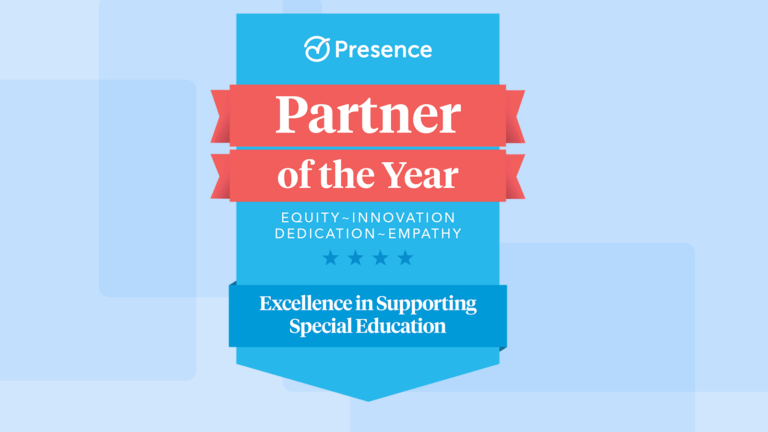This post is the eighth and final in a series based on a transcript from a recent Q&A with Dr. Barry Prizant as part of his webinar, “Family Collaboration: An Essential Element for SPED Success.” Questions came directly from audience participants — special education directors, special educators, speech-language pathologists, and parents, and answers are from Dr. Prizant. Click here to see additional questions from the Q&A.
How can professionals support the parent who is really not ready to hear the diagnosis for their child, who is kind of in that denial stage?
Let’s start with the term denial. Rather than viewing denial as something negative, let’s understand how denial is viewed now from the family’s or parent’s perspective. Denial is, if you will, a stage or a step where parents are gathering information. In other words, “I know you are saying autism, but emotionally I am not ready or willing to embrace what you are saying. So I need to gather some more information around that.”
One of the strategies that I use all the time around early diagnosis is developing a consensus with parents. I think very often parents who are in that stage of “I’m not ready to hear that, but I am gathering information” will really put up their shield when we lead with diagnosis. When we say, “Yeah, I think your child has autism. I think your child has ADHD,” some parents right away will say, “Well, you know, a lot of kids are active,” or “a lot of kids are shy.” But when we start out with “Here’s what both myself as a professional and what our team sees, do you see this as well? That your child has difficulty playing with imagination, or your child seems to prefer to be more on his own than around other children. Or your child does not point out things to you that he sees that are interesting, that joined-attention notion. Or you child does not use a point to show things to you. Some of these things are red flags for autism.”
Some of these examples are very observable things that parents could say, “You know you are right. I don’t see those things.” And so what we are doing is demystifying the labels that we use and rather than leading with diagnosis. We’re saying, “You know here are a cluster of features that we observe in your child’s behavior, do you see that?” When a parent says “Oh yeah, I see that too,” then we can explain that these are the types of things that are used to describe the child with a learning disability, ADHD, autism, or whatever the case might be. What you have done is you demystified the label because the parent already has agreed that they see behaviors, you may get a response from some parents along the lines of, “Oh, wait a second, he does show some interest in some kids, he is not totally on his own and isolated all the time, and I thought kids with autism are just sitting in a corner and banging their heads against the walls.” What we are doing is beginning on the path of education, of giving parents information and letting them know that their observations are very, very important.
Having said that in terms of reaching consensus around diagnosis, we do have to understand that there is something that is called pathological denial, for lack of a better term, and that is when the parent has gotten information from a variety of sources, time has passed, and the parent refuses to have their child receive any kind of special supports or services. It is pathological in the sense that the child is restricted from getting the help they need, in which everybody was feeling “Okay, we’ve reached the point of the child literally being in a neglectful situation. What’s happening is happening because the child’s needs are not being met, this is an issue of neglect here.” I would say that is extremely rare in my experience, but we still run into those situations where the parents have been supported in every way, they have been given the information, maybe the child has been seen by two or three independent professionals as well as the school team, and nothing is happening in terms the parents being willing to sign the IEP and going along with that process of getting the right support in place for the child.
Dr. Barry Prizant is a clinical scholar, consultant, researcher and expert on childhood communication disorders. His new book, “Uniquely Human: Seeing Autism Through a Different Lens” is scheduled to be released in August, 2015 by Simon and Schuster. To contact Dr. Prizant for a consultation or workshop in your district, visit https://www.barryprizant.com/.



